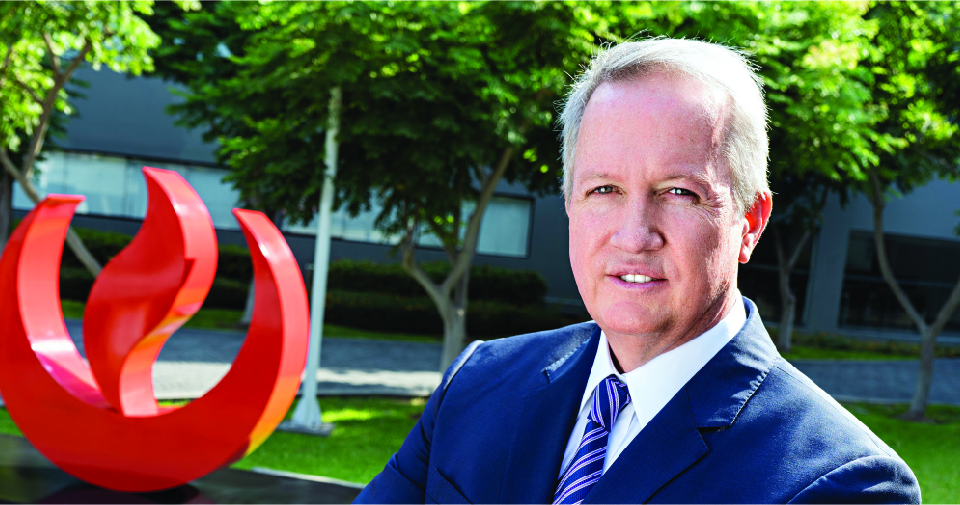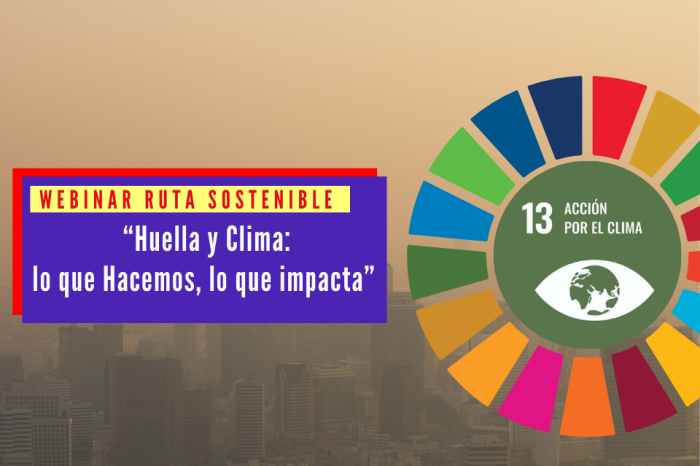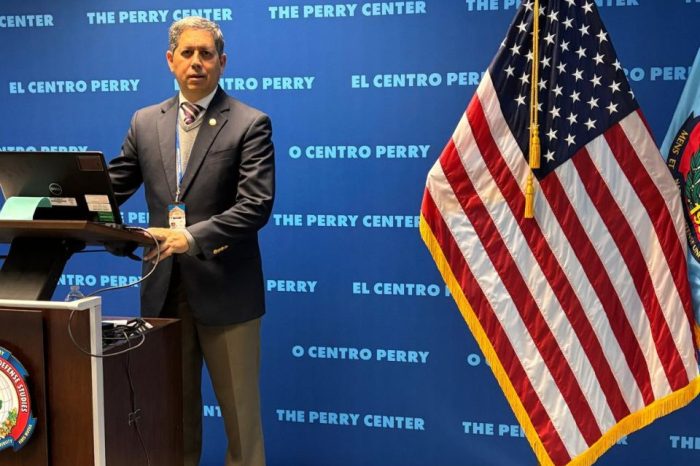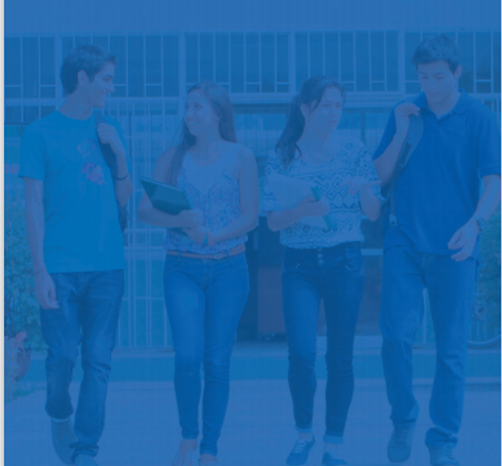Science and Innovation in times of crisis: Interview with Edward Roekaert Embrechts, UPC Rector

Ever since the state of emergency was declared in our country, higher education institutions have joined the fight against COVID-19, and Universidad Peruana de Ciencias Aplicadas has been no exception. The UPC has successfully conducted scientific research work and created technological solutions aimed at slowing the progression and fatality of the disease.
This health emergency has provided society with the opportunity to understand more precisely that science exists for the benefit of humankind. This is why, since the beginning of the emergency, attention has shifted to universities in search for answers. Nowadays, academic contributions to the world in terms of research and innovation are appreciated more than ever. In this sense, Universidad Peruana de Ciencias Aplicadas (UPC) was one of the first institutions to become directly involved with projects aimed at providing effective solutions to the problems caused by COVID-19. In this regard, Edward Roekaert Embrechts, the university’s rector, expressed that the projects are mainly conducted in the biology and engineering fields, and that many of them have been selected by the government, through Concytec’s Fondecyt program, to be developed on behalf of the Peruvian population.
One of them is the “Spirometer” project, led by Dr. Carlos Raymundo from the School of Engineering. It consists in developing a portable, digital, disposable, low-cost device that will allow measuring the breathing capacity of patients who recover from coronavirus. That way, the data collected may be monitored from a telemetry network, which will allow for remote assistance and will help ease overcrowding in hospitals. On the other hand, Dr. Vanessa Adani and Dr. Pohl Milon are leading the “UnCovid Platform” project, whose goal is to create faster and cost-effective molecular tests. The possibility of performing up to 80,000 tests a month is being considered. This would be enormously beneficial, especially in small towns. In addition, through the Molecular and Cellular Biology Research Program led by Dr. Juana del Valle, an agreement was entered into with the Nutrition Research Institute (IIN, in Spanish) to implement a laboratory specifically for detecting the virus through high-precision molecular tests. The National Institute of Health has just authorized it to offer this important service nationwide.
“At UPC, we have been committed to innovation since our early days, and research is a way of innovating,” said Edward Roekaert Embrechts. “For the past few years, we have been the university that has grown the most in terms of research. As a result, we ranked second for two consecutive years in scientific research among Peruvian universities according to the SCImago Institutions Rankings, one of the most recognized rankings worldwide,» he added. It should be noted that these projects were carried out in collaboration with national and foreign institutions. To date, work is being done on other initiatives, whose results will be officially presented at the beginning of 2021. «Concrete solutions are being presented, and patentable prototypes and papers will be presented in high-impact journals, which will contribute to the progress of scientific research on COVID-19,» emphasized the rector. This way, the UPC commits to enhancing the quality of higher education in our country with the aim of training the first-class professionals we require. «We will continue to promote innovation through the development of projects and scientific research. We are sure that this will have an impact on Peru’s social development and transformation,» he pointed out.





